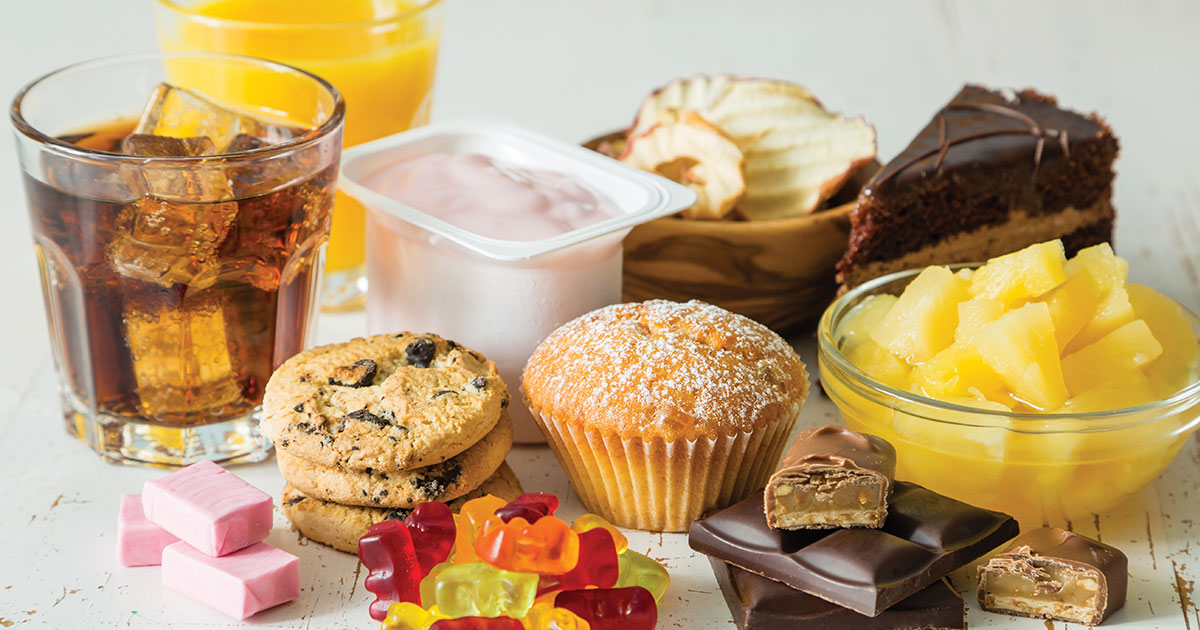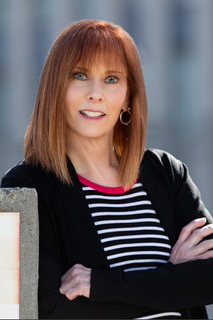We’ve all heard the buzz about sugar: too much of the sweet stuff is not good for you. But is that really true? What’s so bad about sugar? I decided to find out.
On my fact-finding journey, I learned that the concern is not so much about natural sugars, the kinds that occur in nature and make fruit and milk taste good. Rather, health experts say the villain is added sugar¾the large amounts of sugar we consume in the goodies and treats we enjoy: pie, cookies, jam, donuts, syrup, ice cream, pastries. Beyond all that, what many people don’t know is that biggest source of added sugar in the American diet is sugar-sweetened beverages: energy drinks, specialty coffees, regular soda, and the sweet tea we southerners love so much. All of this added sugar in our foods and drinks contributes zero nutrients but lots of calories. Those calories can add up to extra pounds that make us overweight or obese, sabotaging our health.
Here’s what some experts have to say:
- The American Heart Association doesn’t sugar-coat its message (pun intended, sorry!) about added sugars: “Consuming too much may make you sick and may even shorten your life.”1
- The Harvard Health blog says that excess sugar is bad for the brain: “…high sugar intake has a negative effect on cognition, and it has also been implicated in hyperactivity and inattention in children and adolescents.”2
- The Mayo Clinic: “…there is some evidence that consuming large amounts of sugar is associated with an increased risk of certain cancers, including esophageal cancer. It can also lead to weight gain and increase the risk of obesity and diabetes, which may increase the risk of cancer.” 3
But how much added sugar is “too much”? According to the American Heart Association, women should consume no more than 100 calories a day from added sugars (that’s 6 teaspoons), and men should consume no more than 150 calories (9 teaspoons). However, staying within those limits is not so easy. Two examples: one 12-ounce regular soda contains 8 teaspoons of sugar. A cup of low-fat yogurt can contain 12 teaspoons of sugar. In addition, added sugar lurks in so many places you would never expect to find it (like low-fat yogurt). And that’s just the problem¾wedon’tfind it; we’re unintentionally consuming added sugar that is hiding in plain sight. As a result, most of us consume about 15 teaspoons of sugar every day without even realizing it.
There are two things you can do to sleuth out the added sugars hiding in your food:
- Read Labels.Sugar has lots of names. Most people know some of them: honey, molasses, and cane sugar, for example. But if a label lists any of these, it’s a sugar, too: maltose, sucrose, rice syrup, dextrose, lactose, fruit juice concentrate, high fructose corn syrup, refiner’s syrup, barley malt, and maltodextrin. (There are many others.) If you look closely at the labels on the foods in your pantry right now, you will likely find sugar in your barbeque sauce, ketchup, spaghetti sauce, protein bars, granola, sports drinks, vitamin water, soups, and cereals.
- Do the Math.Every gram of sugar contains four calories. So to find out how many calories are hidden in the sugar in your food, multiply the number of grams of sugar by 4. For example, if the labels says the product has 16 grams of sugar per serving, you are consuming 64 empty calories from sugar. Subtract those calories from the 100 or 150 daily calorie limit for added sugar suggested by the American Heart Association and you will quickly realize the problem.
Even the American Heart Association says that, in small amounts, some added sugar is fine. The problem is we’re just over-consuming it. The solution to our national added-sugar overload is, as often as is practical and possible, simply replace sugary drinks and foods with healthier options. Some suggestions to get you started:
- Jazz up your foods with spices like cinnamon, nutmeg, and ginger instead of sugar.
- Add fruit instead of sugar to oatmeal and cereals.
- Opt for unsweet tea, sparkling water, or sugar-free beverages.
Sources:
- American Heart Association “Cut Out Added Sugars” infographic
- Harvard Health Blog, May 8, 2016, updated May 23, 2016.
- The Mayo Clinic: “Cancer: Popular myths about the causes of cancer,” November 3, 2018



















